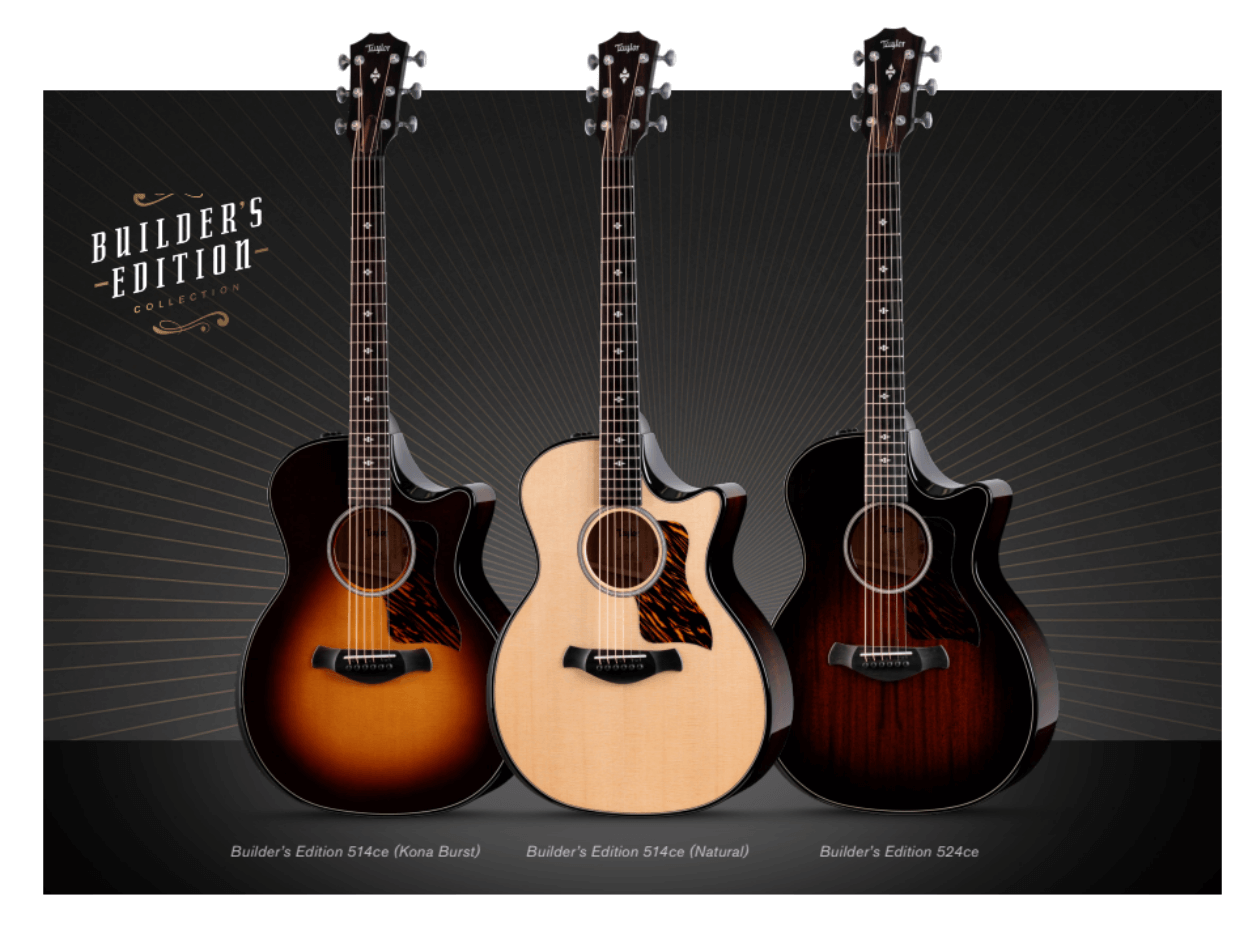Fishman Loudbox Amps
A look at the complete line of Loudbox acoustic amplifiers.
Having established itself as a pioneer and a leader in acoustic instrument pickups, Fishman first came out with an amp when it introduced the original Acoustic Performer Pro in the 1990s. Highly acclaimed by players and reviewers, the amp was among the first to offer full-range, transparent, PA-like sound in a compact package. In the mid-2000s, Fishman introduced its first Loudbox amps, which took the expertise gained from the Performer Pro and put it into a much more affordable package, and the line has been a runaway success ever since. We’ve used a Loudbox Mini and Loudbox Mini Charge as part of the Peghead Nation studio setup for several years, but since we hadn’t demoed the larger Loudbox Artist and Loudbox Performer, I asked Fishman to send us the complete line to check out.
The Loudbox Mini and Loudbox Mini Charge are essentially the same amp (though they are easily distinguished by the Charge’s lighter shade of brown), but the Charge has a built-in rechargeable battery, which Fishman says allows a running time of up to 12 hours. Both offer 60 watts of power for a two-way speaker system that consists of a 6.5-inch driver and a 1-inch soft-dome tweeter. The amps’ two channels have ¼-inch and XLR inputs. Channel one has controls for bass, mids, and treble, while channel two only has bass and treble. Digital reverb and chorus, a phase switch, a button for pairing a Bluetooth device, and a master volume control round out the front panel’s feature set, which is complemented by a D.I. output and auxiliary inputs in the rear of the amp.
The Loudbox Artist is Fishman’s mid-size amp. Not only does it offer 120 watts of power and an 8-inch speaker and 1-inch soft-dome tweeter, it also greatly expands on the Minis’ feature sets. The Artist’s two identical channels each have a combined ¼-inch and XLR input (with assignable phantom power), immediately increasing its flexibility for users who may need two of the same inputs. In addition to three-band EQ, the channels include notch filters for feedback control and two effect sections that include reverb, chorus, delay, flanging, and echo. The amp’s rear panel includes individual XLR outputs for each channel as well as a combined master D.I. output. There are also dedicated effect loops for both channels. Like the Loudbox Minis, the amp includes Bluetooth compatibility.
The largest amp in the Loudbox series is the Performer, which drives a three-way speaker system with 180 watts of power. With a feature set identical to the Loudbox Artist, the Loudbox Performer is the best choice for players who need the power to compete with a loud band or fill a large room.
We have used both versions of the Loudbox Mini to demo instruments with pickups and all kinds of amplification products for several years, and I have found that the amps’ inherent transparent character always allows the individual instrument’s character to take center stage. I have also used the Loudbox Mini Charge on several outdoor gigs, and have found it to be a reliable companion for situations such as playing solo guitar at wedding receptions. The amp’s small size allows it to be unobtrusive; it has plenty of power for providing enough volume at a typical wedding-type gig (and the XLR output makes it easy to patch into a larger system, such as a DJ’s rig); and I’ve never run into issues with the battery not lasting long enough.
Having not used the current Loudbox Artist and Performer before, I was eager to plug in, using a Martin D-13E Ziricote, which has Fishman’s MX-T electronics. Both amps include features that will make them attractive to players, even those without the need for more power than the Minis provide. Having two identical inputs with the option of using either ¼-inch or XLR connectors greatly expands how the amps can be used, which is further enhanced by the ability to use phantom power. The built-in notch filter means you won’t have to rely on an external preamp to deal with feedback issues at high volumes, and the mute button is also a simple, but welcome feature.
The Loudbox Artist and Performer not only offer more power and features, but they also have an even fuller sound, with the tonal elasticity that comes from a larger speaker and more headroom. With its three-way speaker system, the Performer has a richness in sound that begs comparison with the tonal complexity of a great instrument. But the Artist wasn’t far behind, and with its considerable power, complete feature set, and compact dimensions, I’d wager that this may be the ideal amp for many acoustic musicians. However, when ultimate power is needed, there’s no question that the Performer is the amp to get.
Fisman has done a great job creating an amp line that covers all the bases, and it’s hard to imagine musicians unable to find a solution for their amplification needs with one of the four Loudboxes. And if even more power and flexibility is required, Fishman’s SA-330x Performance Audio System will easily bridge the gap to a full PA system.
Fishman Loudbox Specs
Loudbox Mini
- Acoustic amplifier
- 60 watts
- 6.5-inch speaker and 1-inch tweeter
- Two channels
- ¼-inch input, Low, Mid, and High EQ, Reverb and Chorus on Channel 1
- XLR input, Low and High EQ, Reverb, on Channel 2
- Master volume
- Digital effects
- XLR DI output
- ¼-inch and mini-jack Aux inputs
- Bluetooth connectivity
- 21 pounds
- 12 x 13.7 x 9.7 inches
- Designed and engineered in the USA, assembled in China
- $526.99 list/$349.95 street
Loudbox Mini Charge
- Acoustic amplifier with rechargeable battery
- 60 watts
- 6.5-inch speaker and 1-inch tweeter
- Two channels
- ¼-inch input, Low, Mid, and High EQ, Reverb and Chorus on Channel 1
- XLR input, Low and High EQ, Reverb, on Channel 2
- Master volume
- Digital effects
- XLR DI output
- ¼-inch and mini-jack Aux inputs
- Bluetooth connectivity
- 21.2 pounds
- 12 x 13.7 x 9.7 inches
- Designed and engineered in the USA, assembled in China
- $774.99 list/$499.95 street
Loudbox Artist
- Acoustic amplifier
- 120 watts, bi-amped
- 8-inch speaker and 1-inch tweeter
- Two identical channels with combined ¼-inch/XLR inputs and 24 volt switchable phantom power
- Input gain, Low, Mid, and High EQ, notch filter, dual digital effects sections
- ¼-inch and mini-jack Aux inputs
- DI outputs for each channel and main mix
- Effect loops for each channel
- Tweeter level control
- Mute switch
- Headphone jack
- Footswitch connectors for effect control
- Master volume
- Bluetooth connectivity
- 25 pounds
- 13.5 x 15.5 x 11.5 inches
- Designed and engineered in the USA, assembled in China
- $929.99 list/$649.95 street.
Loudbox Performer
- Acoustic amplifier
- 180 watts, bi-amped
- 8-inch and 5-inch speakers and 1-inch tweeter
- Two identical channels with combined ¼-inch/XLR inputs and 24 volt switchable phantom power
- Input gain, Low, Mid, and High EQ, notch filter, dual digital effects sections
- ¼-inch and mini-jack Aux inputs
- DI outputs for each channel and main mix
- Effect loops for each channel
- Tweeter level control
- Mute switch
- Headphone jack
- Footswitch connectors for effect control
- Master volume
- Bluetooth connectivity
- Kickstand for amp tilt
- 30 pounds
- 18.2 x 15.8 x 11.5 inches
- Designed and engineered in the USA, assembled in China
- $1,239.99 list/$849.95 street
Related Instrument Demos Posts
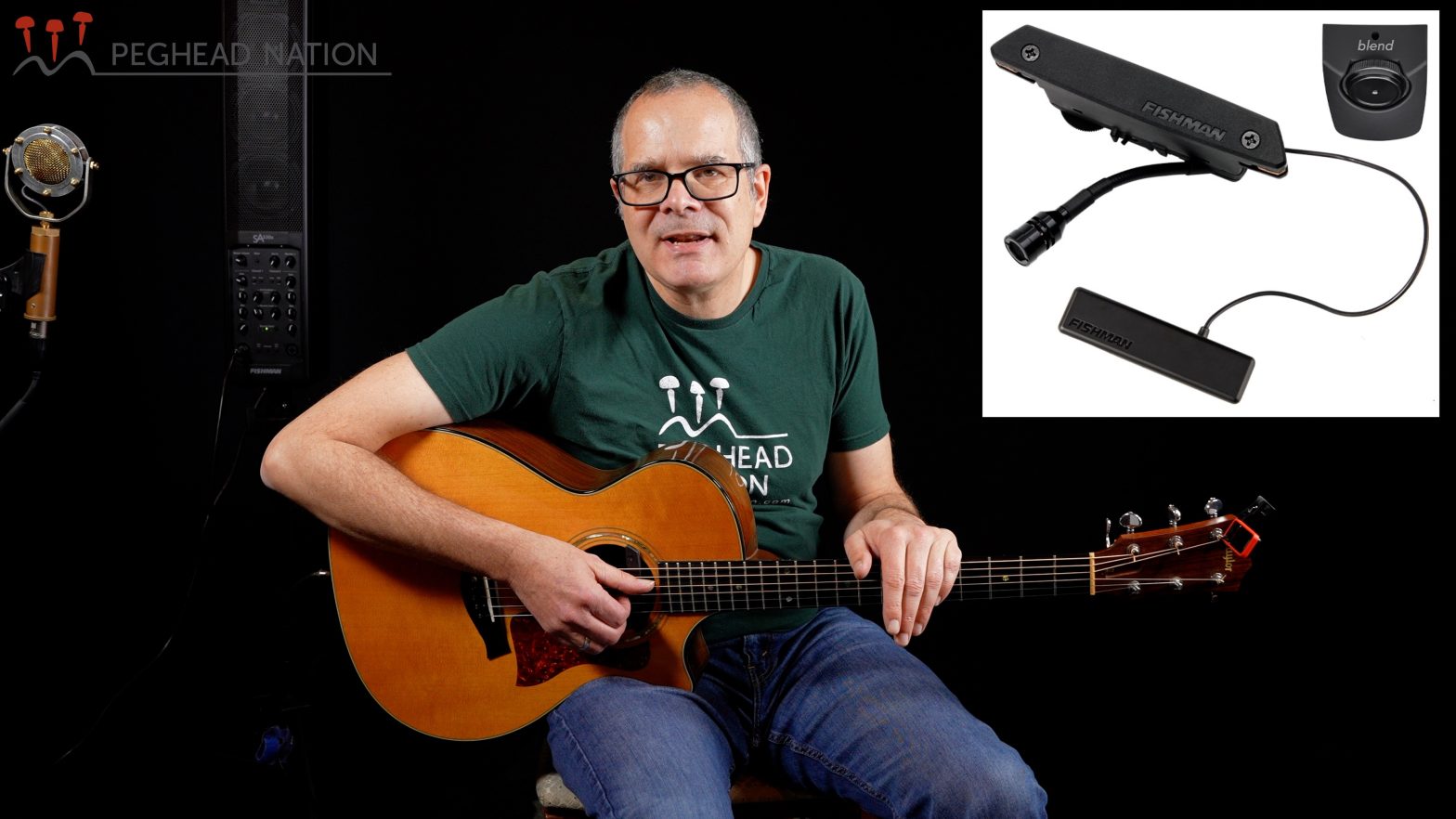 |
Fishman Jon Gomm Signature PowerTap Earth ProThe latest version of Fishman’s acclaimed Rare Earth magnetic pickup includes both a mic and a body sensor. Read More |
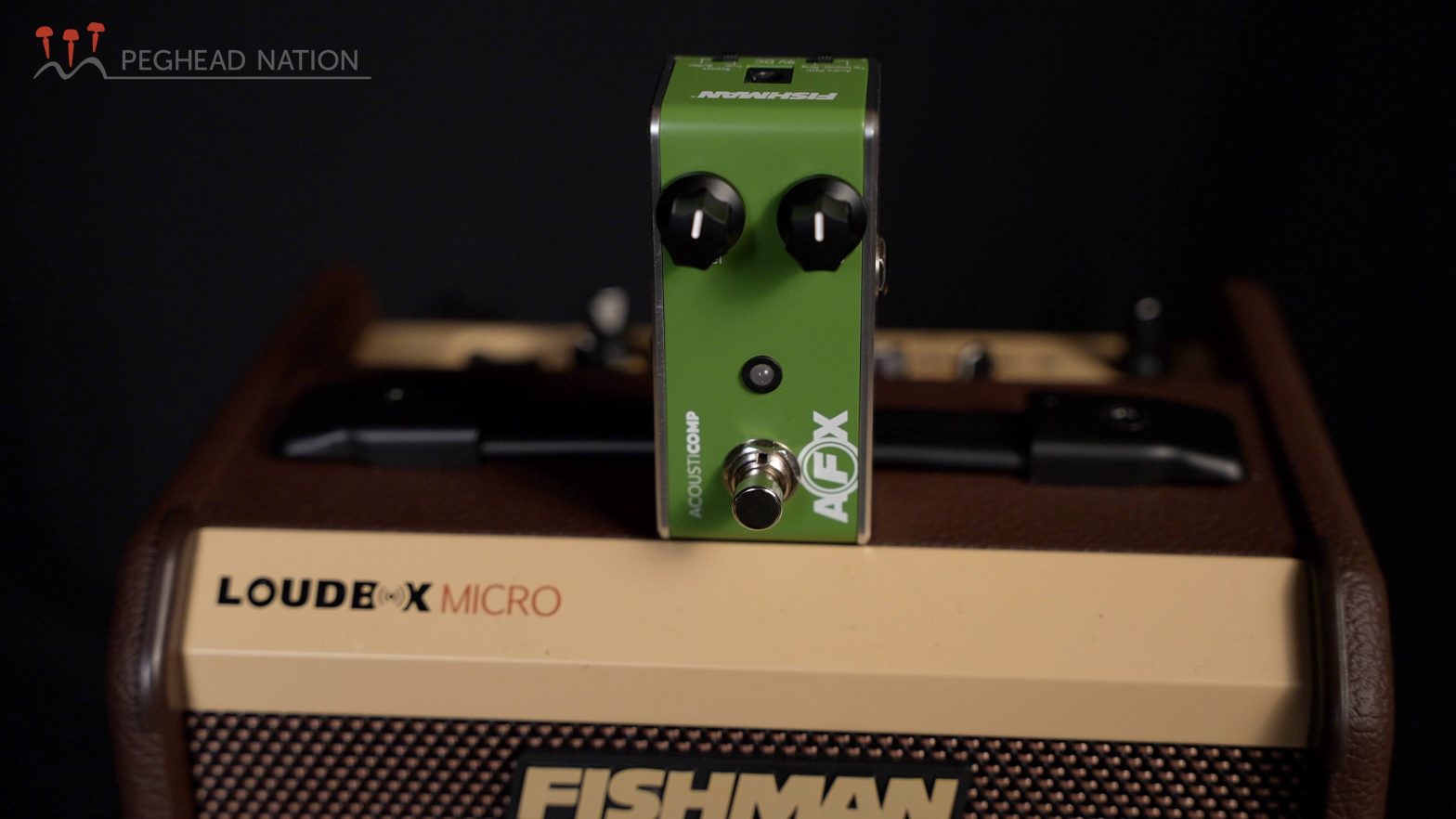 |
Fishman AFX AcoustiComp MiniA straight-forward compressor pedal made for acoustic-electric instruments. Read More |
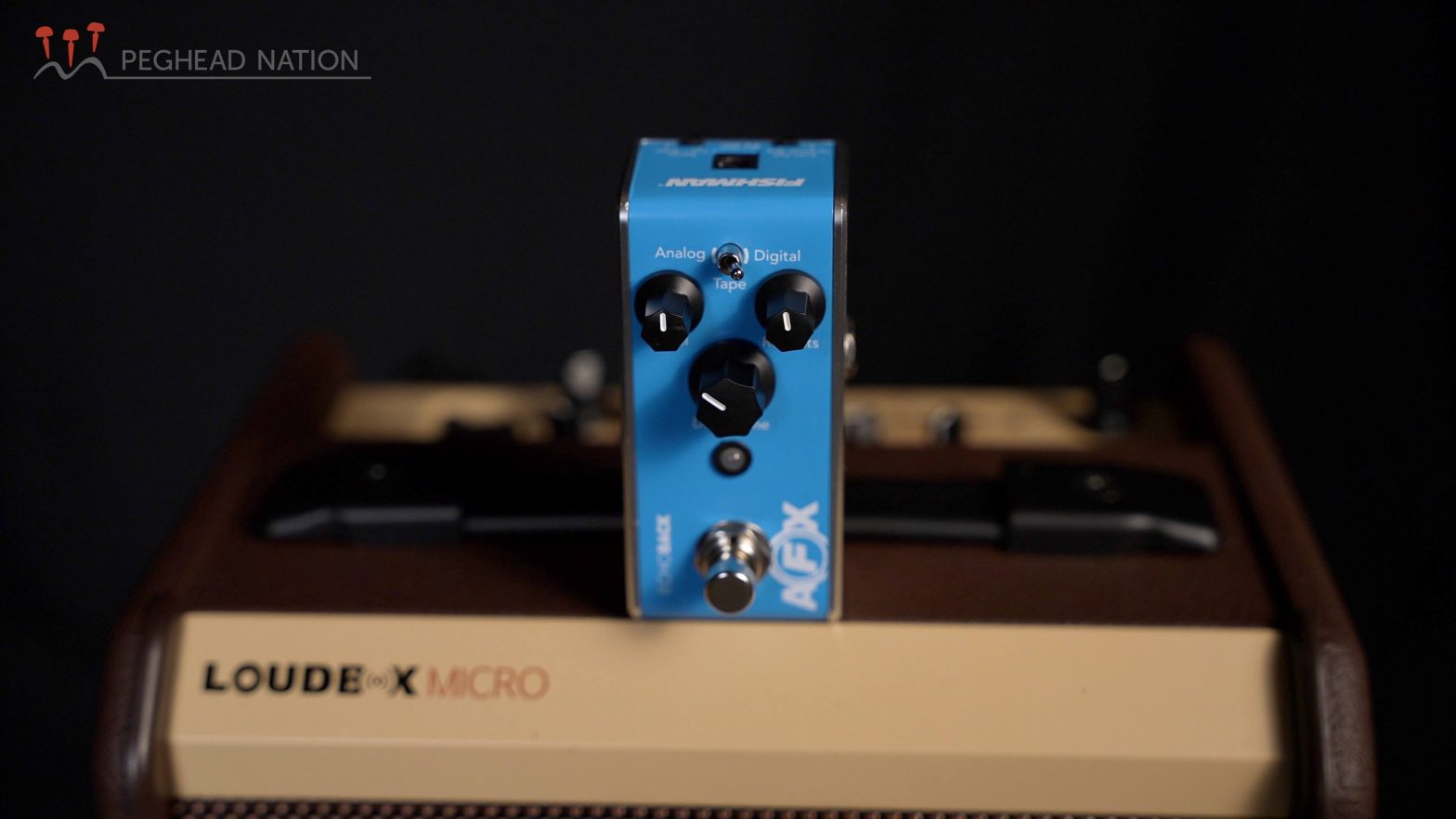 |
Fishman AFX Mini EchoBackA great-sounding, compact delay pedal made for acoustic-electric instruments. Read More |
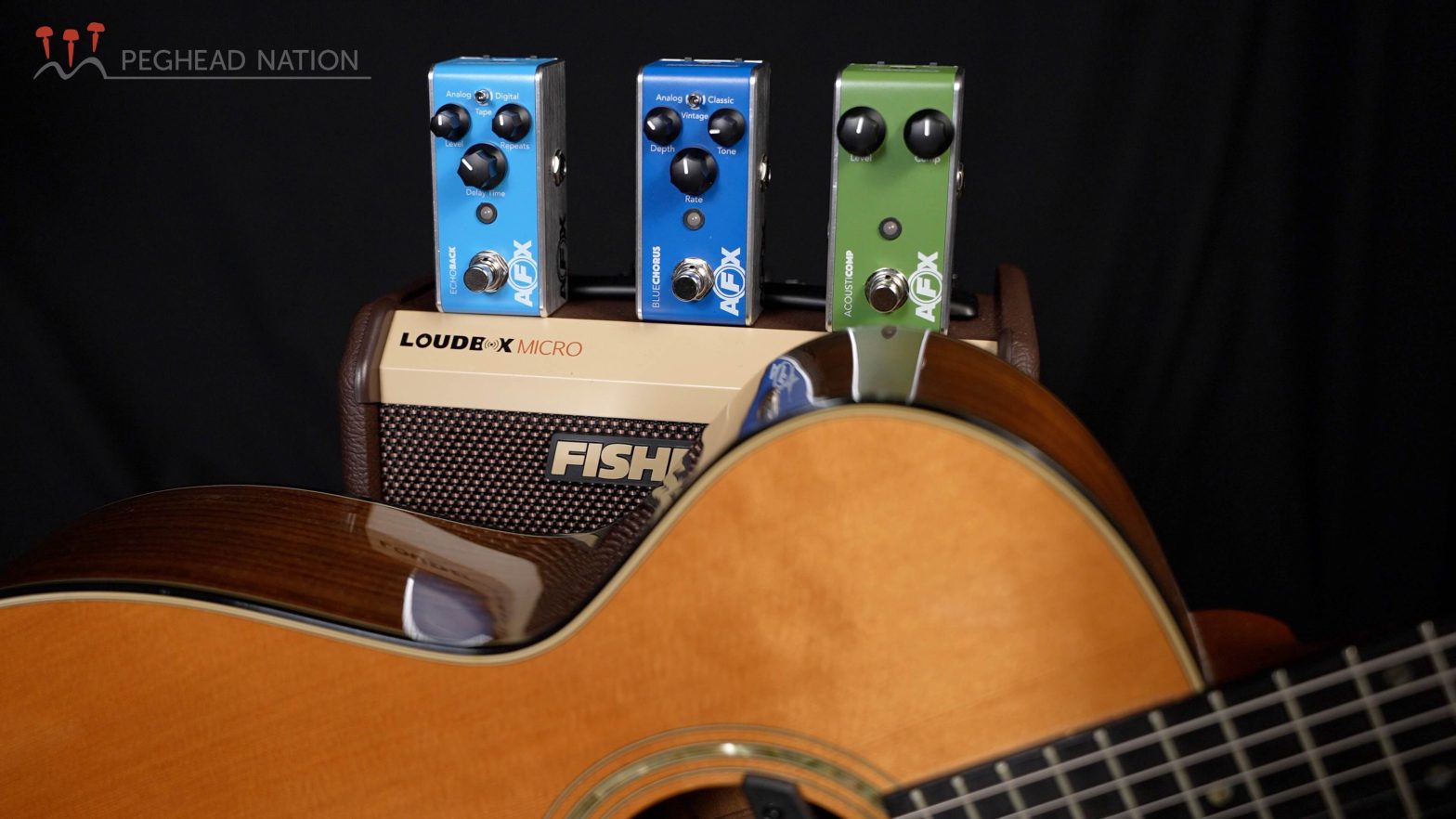 |
Fishman AFX BlueChorus MiniFishman launches three additions to its line of AFX Mini pedals, including a smooth-sounding chorus effect. Read More |
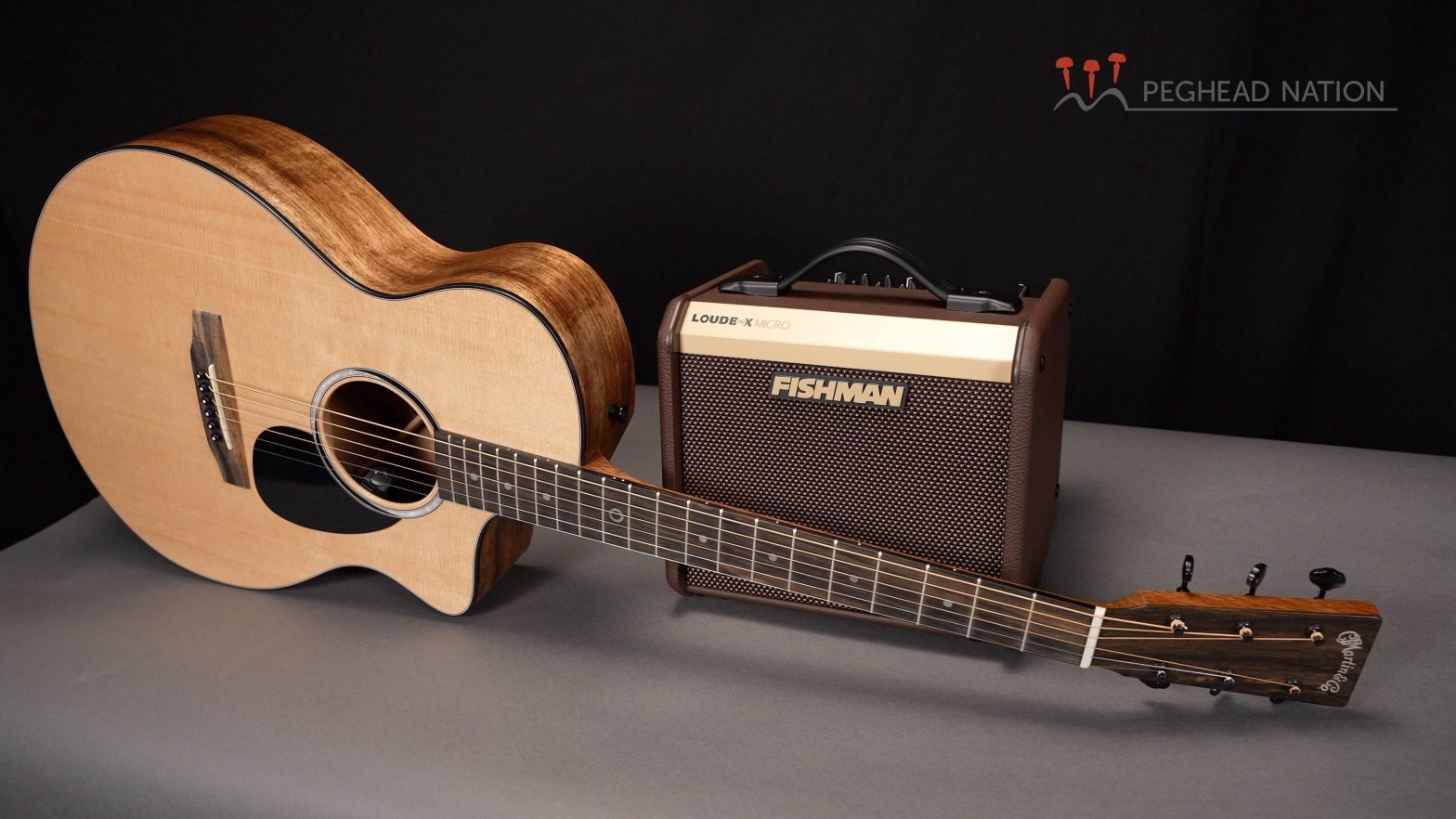 |
Fishman Loudbox MicroA compact and highly capable acoustic amp. Read More |
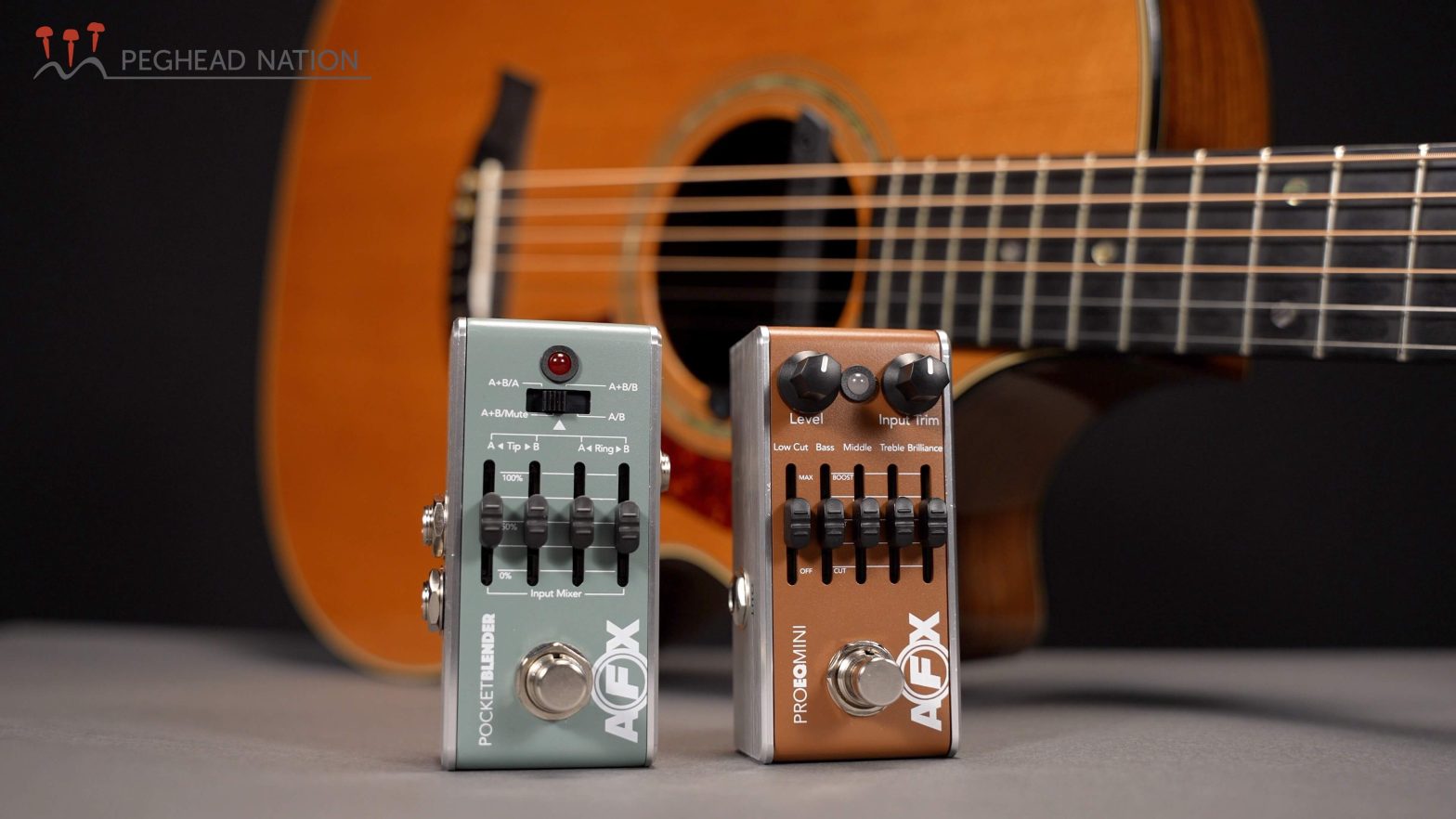 |
Fishman AFX Pocket Blender Mini and AFX Pro EQ MiniA deep-dive into Fishman’s new signal routing and graphic equalizer pedals. Read More |
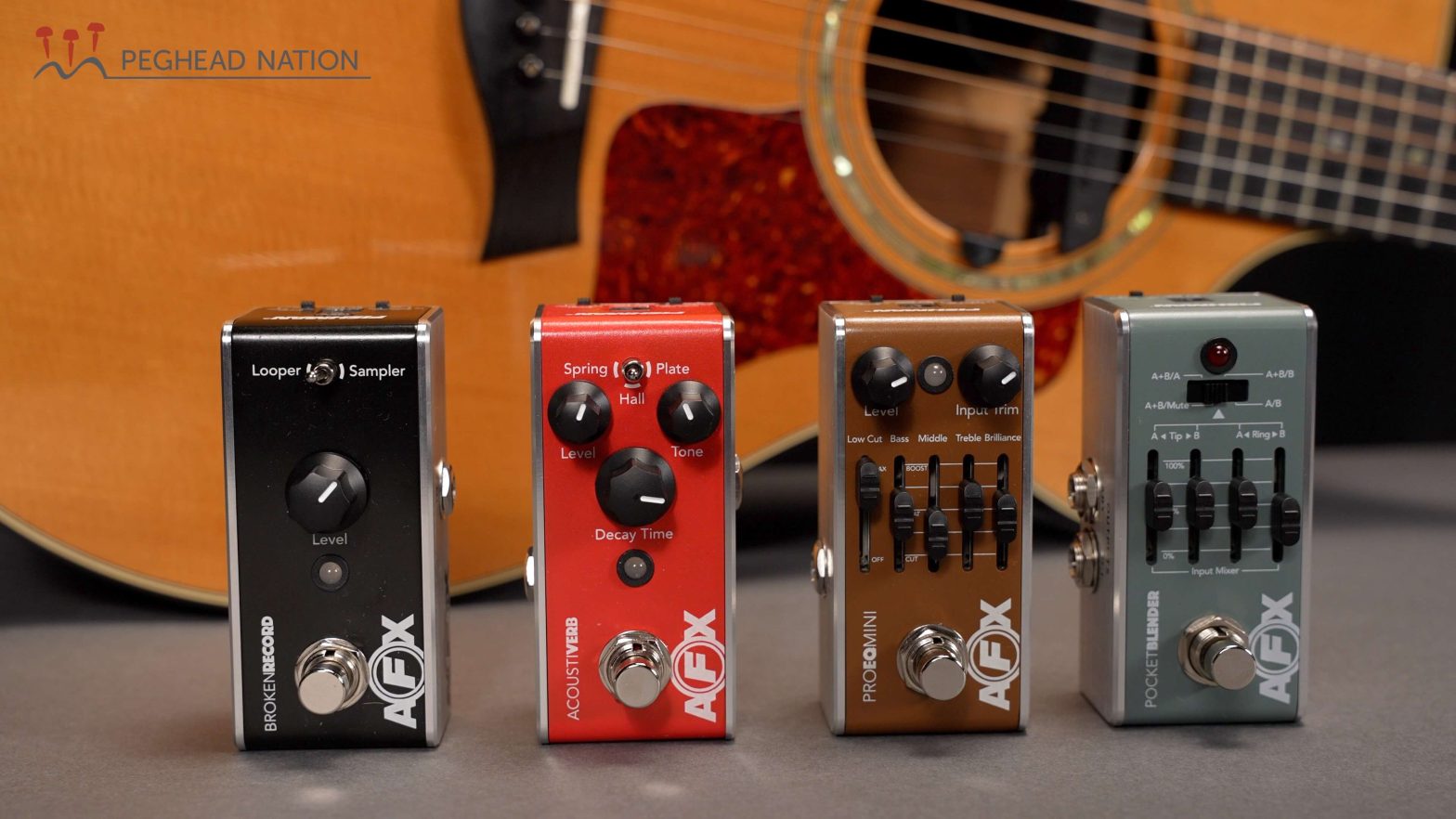 |
Fishman AFX Mini PedalsFour new mini pedals provide looping, reverb, EQ, and mixing functions, specifically designed for acoustic instruments. Read More |
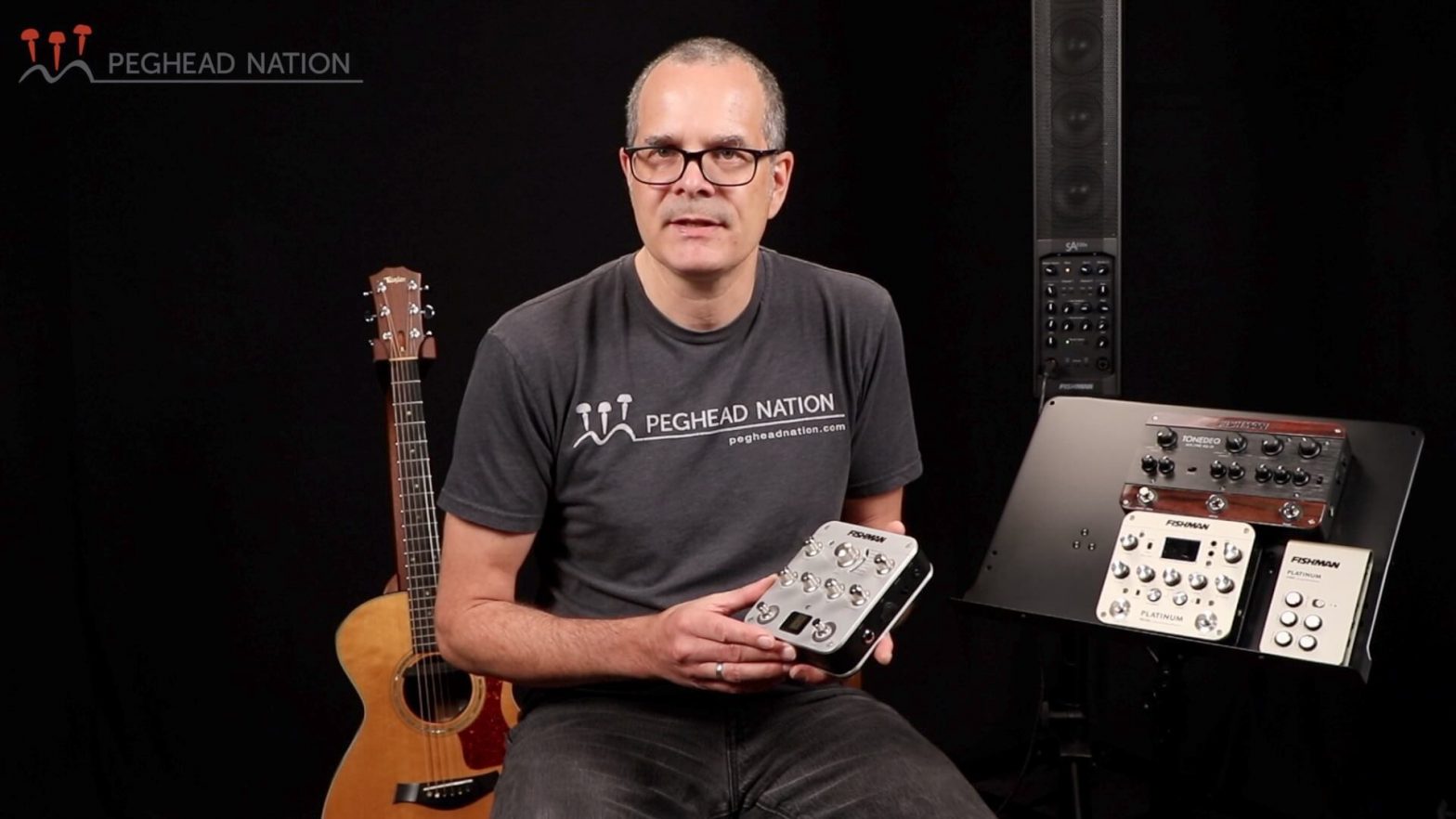 |
Four Fishman PreampsA look at Fishman’s ToneDEQ, Aura Spectrum DI, Platinum Pro EQ, and Platinum Stage EQ. Read More |
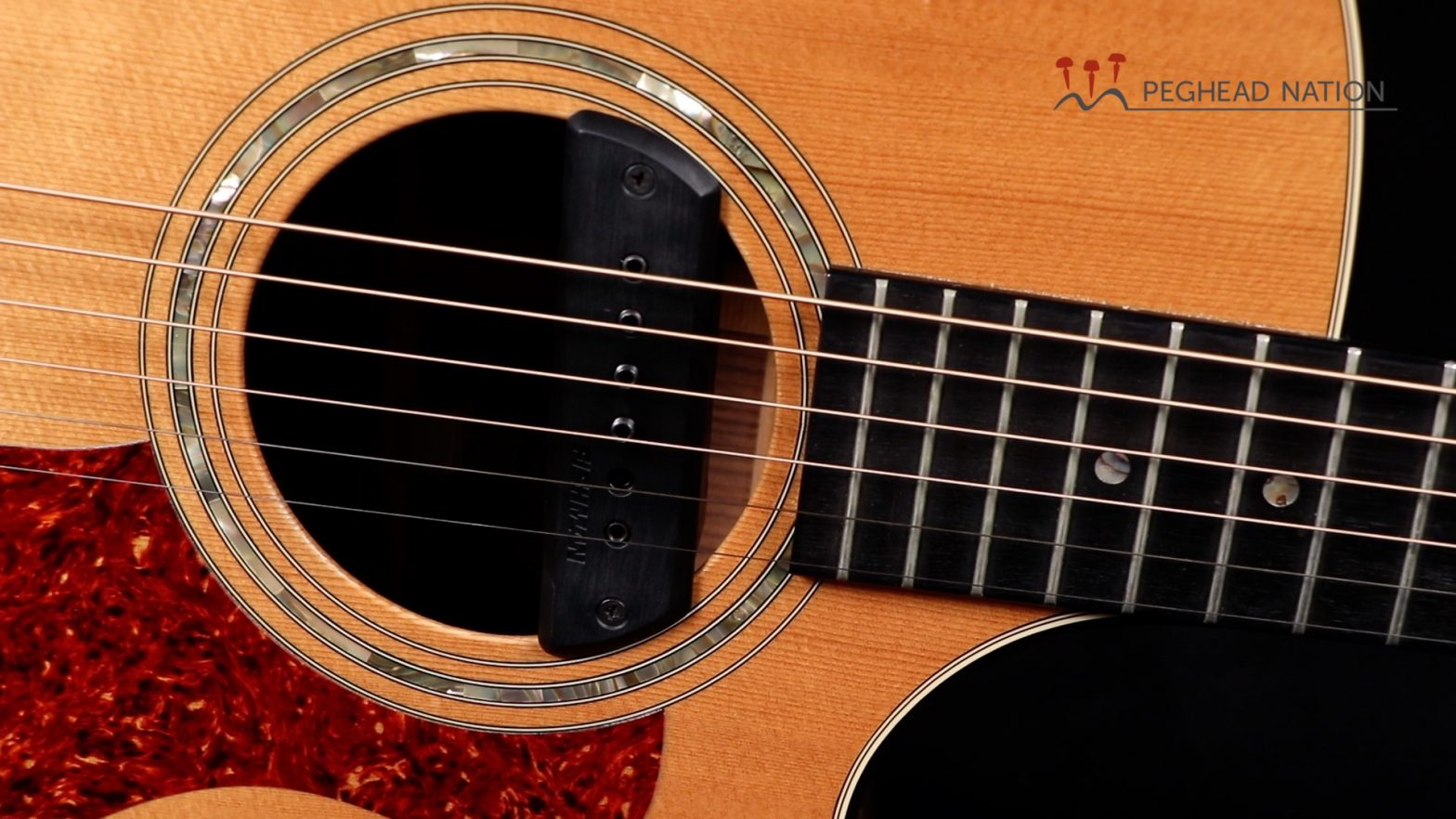 |
Fishman BlackstackA great passive soundhole pickup. Read More |
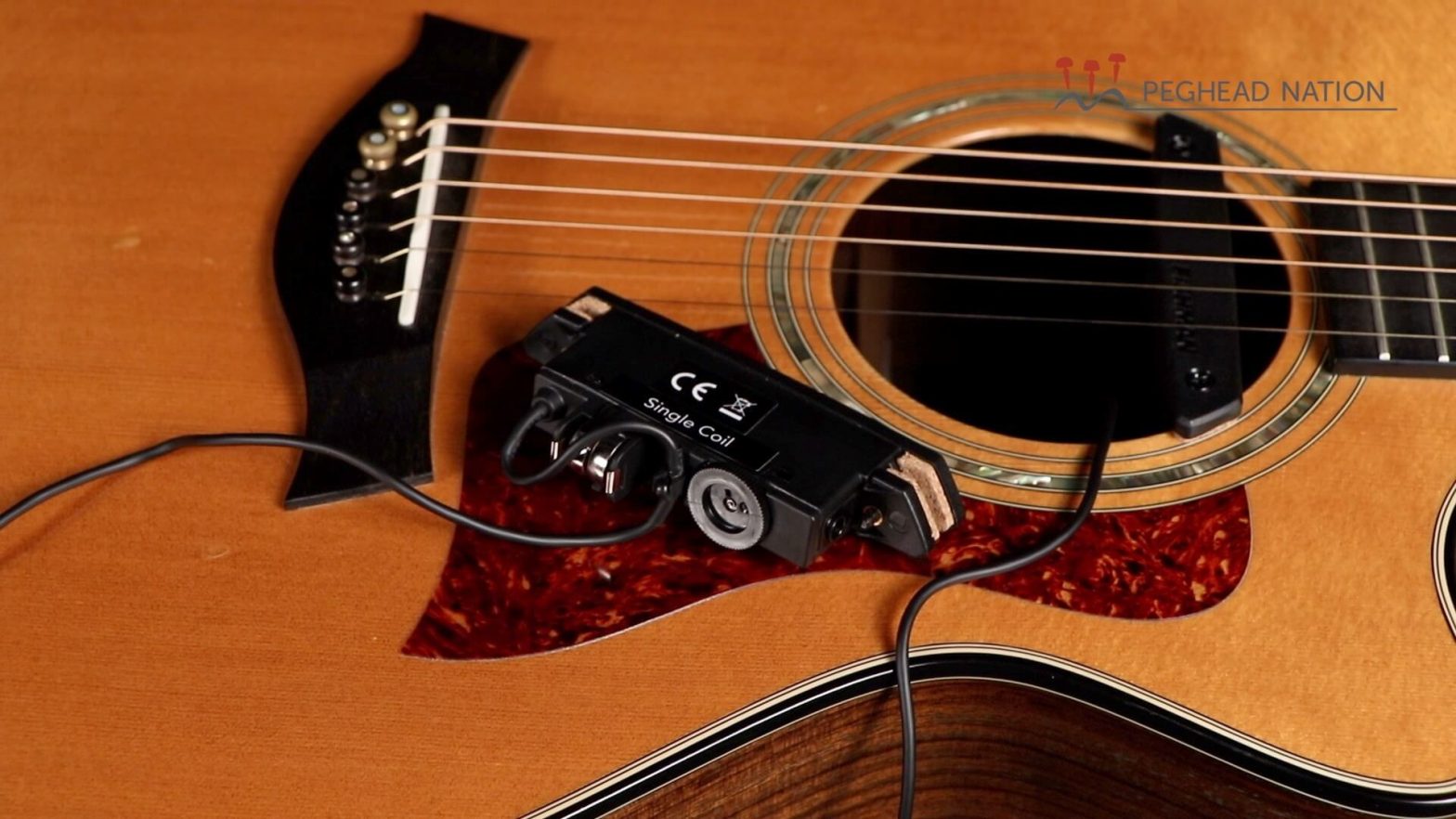 |
Fishman Rare Earth PickupsWe take a look at Fishman’s flagship soundhole pickups. Read More |


